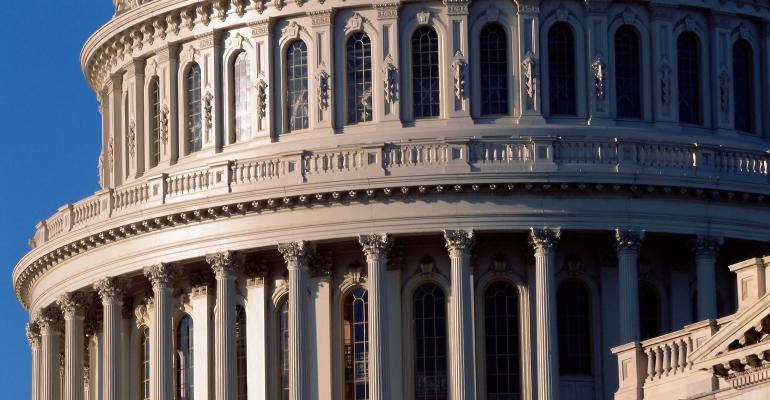With Joe Biden in the White House and the Democrats enjoying a razor-thin margin in the U.S. Senate, 2021’s outlook for financial services regulation is markedly different than what many suspected months earlier.
For the Financial Services Institute (FSI), much of last year was spent advocating for Regulation Best Interest, which went into effect in June. Now, they need to show the new administration and regulators that it’s working, according to Robin Traxler, an FSI senior vice president of policy and deputy general counsel.
“Now that the rule was implemented, and it was done in a smooth and successful process across our industry, it’s important for clients and advisors that we stick with a consistent standard to avoid unnecessary confusion or complexity,” she said.
Traxler’s comments came during a set of conversations detailing the advocacy organization’s 2021 priorities. Biden has nominated Gary Gensler for SEC Chair, and it remains to be seen what approach the new chair and commission adopt in addressing issues they may have with Reg BI. Fiduciary advocates are clamoring for the SEC to move forward on new rule-making to fix what they view as significant deficiencies with the rule.
In addition to making the case for Reg BI, Traxler said the FSI would concentrate on supporting the Department of Labor fiduciary exemption, which was released in the closing weeks of the Trump administration. The rule, along with others unveiled near the end of Trump’s tenure, was placed on hold by the Biden administration, though David Bellaire, an executive vice president and general counsel at FSI, said the DOL had already reached out to “compare notes.” on their priorities.
The institute will also work to defeat or change fiduciary efforts happening at the individual state level, with Traxler saying FSI was pleased with many of the changes made to Massachusetts’ fiduciary standard before it went into effect last year (many investor protection advocates bemoaned the changes, arguing that they dulled the rule’s teeth). Traxler suspects many states are waiting to see how Massachusetts’ enforcement of the rule will play out before moving forward on their own standards.
“To the extent that states are seeking their own fiduciary standard, we’ll work with them the same way we worked with Massachusetts; (we’ll) comment on concerns we have, areas where there may not be alignment with Reg BI and encourage state regulators to go down that route similar to what Massachusetts did,” she said.
In a conversation with FSI President and CEO Dale Brown, Andrew Busch, who became the first chief marketing intelligence officer at the Commodity Futures Trading Commission in 2017, said FSI members should be pleased with Janet Yellen as Biden’s selection as Treasury Secretary.
“This is a good thing, because she doesn’t wake up every morning thinking ‘how can we re-regulate all these banks, how can we make things safer, how can we go after all those people that are in the financial services industry?’ That’s not what she does,” he said. “However, I will tell you that the other people involved and are going to head these agencies don’t have that approach, and they are really going to look at a much stronger regulatory grip and a much larger enforcement approach to the financial services industry.”
In this latter category, Busch cited Rohit Chopra, who’s been selected to head the Consumer Financial Protection Bureau, as well as Gensler, whom Busch lauded for his early critique of Fannie Mae and Freddie Mac in the late 1990s, long before they became household names for their role in the 2008 economic downturn. However, there are still going to be stark contrasts with his predecessor, according to Busch.
“He’s going to have a very different approach than Jay Clayton,” he said.
Last year also marked the second highest annual total for the FSI’s Political Action Committee. But Bellaire said the organization put a pause on contributions in the aftermath of the Jan. 6 invasion of the U.S. Capitol by a pro-Trump mob. He said the organization was considering whether it would continue to support politicians who voted against certifying the election results in favor of Biden.
“Fortunately, we’d been working prior to the events of January 6 on some criteria that could be used to ensure the candidates we’re supporting also share our values and are consistent with the things we’re trying to achieve,” he said.





